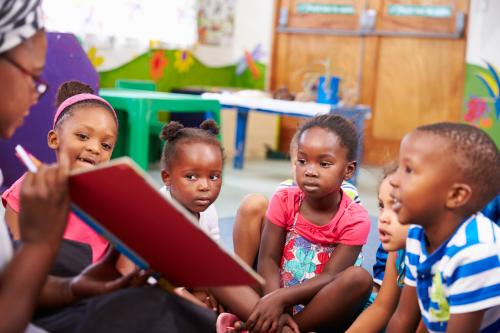
2025
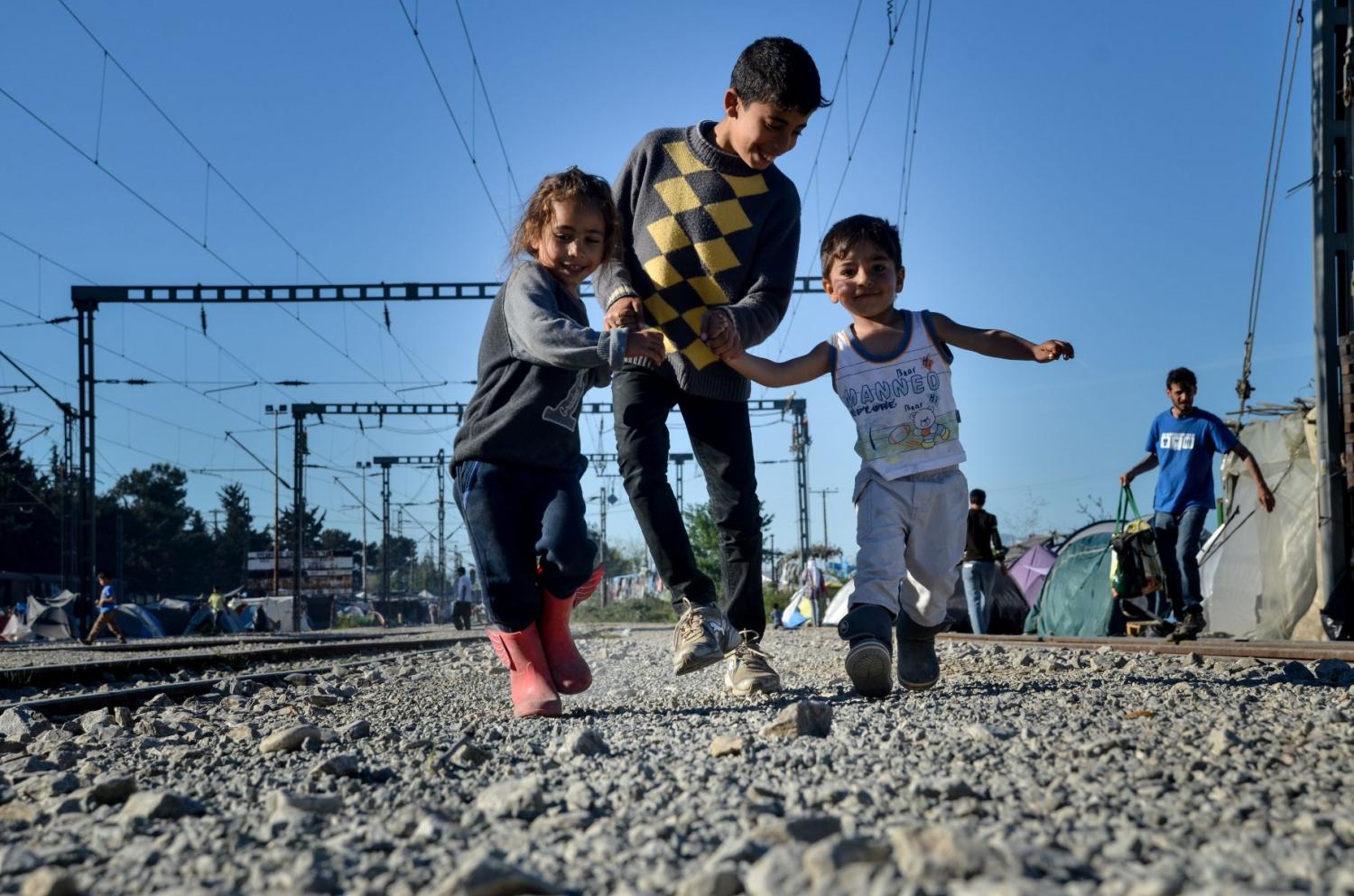
This area of research focuses on vulnerable children such as refugees, migrants, and others displaced or impacted by conflict, climate change, economic and political challenges, and more in the United States and around the world. The work aims to support policymakers, donors, and practitioners in making evidence-based policy, investment, and practice decisions.
 Centering child voices in humanitarian contexts
Centering child voices in humanitarian contextsCase study series
Young children from birth to 8 years old have a lot to contribute to how humanitarian programs are designed and the policies guiding them. Yet these programs and policies are often top-down and fail to consider children’s perspectives, despite commitments stated in the humanitarian Grand Bargain to prioritize the participation of affected communities. At the same time, humanitarian aid across all sectors is being slashed, adding challenges to the already limited 2-3% of annual humanitarian funding for young children’s programs. Evidence has been emerging about the participation of affected people to inform humanitarian practices and policies, but this has not yet included young children, and it is not at the level close to achieving the Grand Bargain commitments. The humanitarian community needs more evidence to move from rhetoric to reality.
To help address this gap and move the humanitarian space forward, the Center for Universal Education at the Brookings Institution partnered with researchers and non-profit organizations to understand “How can participatory research approaches be used to actively engage and elevate children’s voices in designing early childhood programs and policies in humanitarian contexts? How does centering young children’s voices in designing programs and policies expand humanitarian response?”
To answer these questions, we examined three child participatory arts-based research approaches: drawing, photography, and storytelling through play accompanied by conversations with children. These case studies span three humanitarian situations: the refugee crisis in Bangladesh, internal displacement due to earthquakes in Türkiye, and migration in Colombia. Through these case studies, we aim to help humanitarian practitioners and policymakers think differently about young children’s abilities, integrate their voices into future humanitarian program designs and policies, and contribute to fulfilling one of the many Grand Bargain commitments.
2025
The Brookings Institution, Washington DC
Monday, 9:00 am - 10:30 am EST
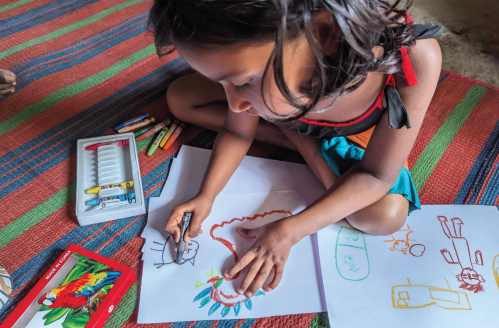
Sweta Shah, Hamidah Ashrafi Fateha, Nazia Nusrat, Md. Ibrahim Badhan, Emerald Upoma Baidya
November 25, 2025
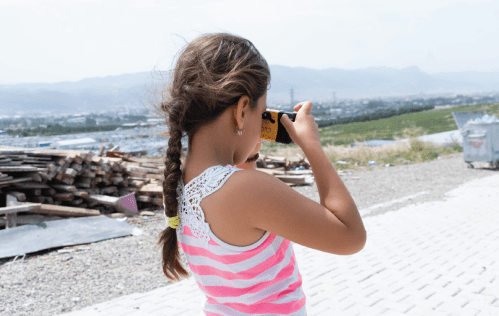
Sweta Shah, Lucy Bassett
November 25, 2025
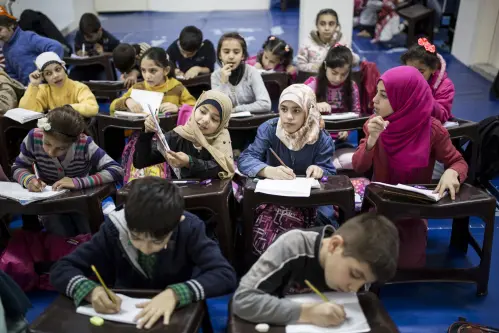
Sweta Shah
September 6, 2024

Sweta Shah
June 20, 2024
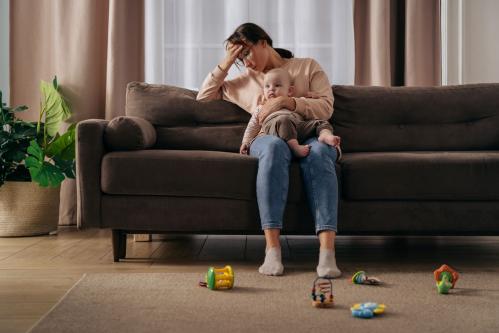
Sweta Shah, Kathy Hirsh-Pasek
November 8, 2024
Related Content

November 14, 2024